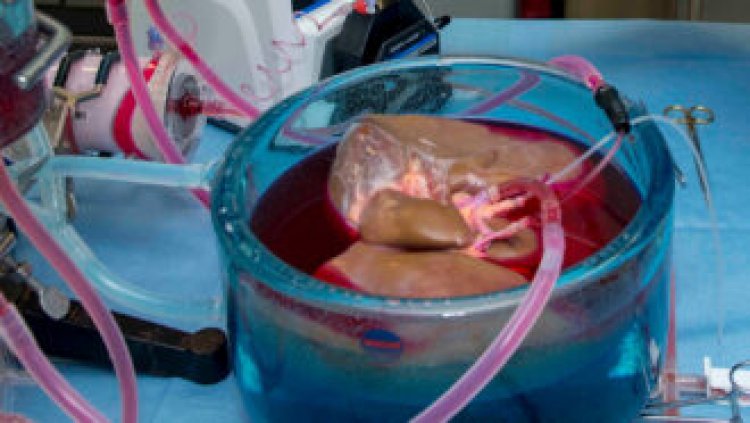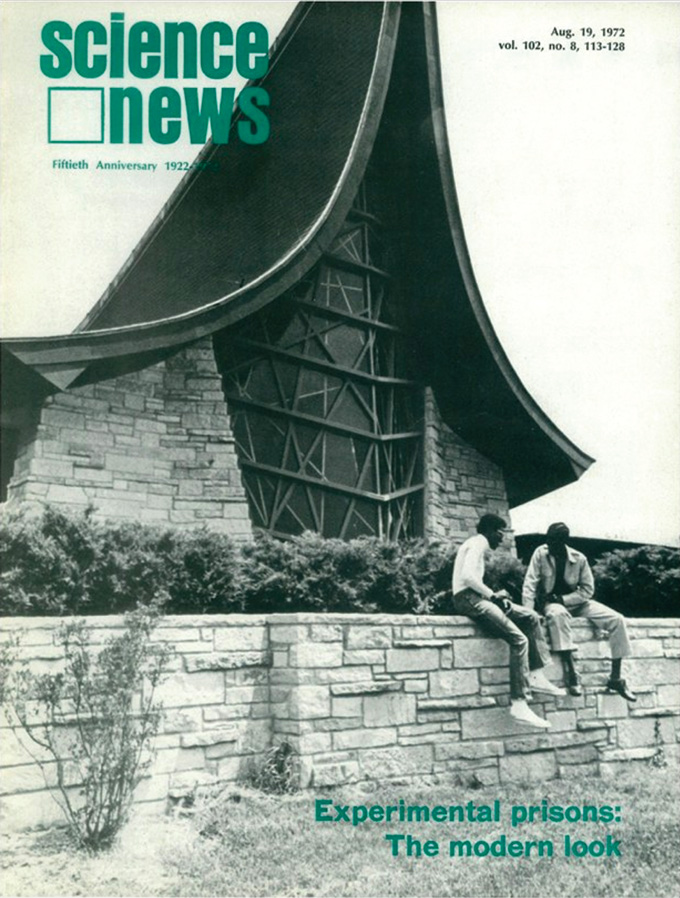50 years ago, scientists hoped freezing donor organs would boost transplants
In the 1970s, biologists hoped to freeze organs so more could last long enough to be transplanted. Scientists are now starting to manage this feat.

The icy world of organ freezing – Science News, August 19, 1972
If whole organs could be frozen and stored … surgeons would be able to perform far more transplants…. For all their efforts, though, cryobiologists (biologists who study the effects of cold on life) have not been very successful with organ freezing…. Nobody to date has cooled whole mammalian hearts any lower [than −20° Celsius] or longer [than six hours] and revived them.
Update
Scientists still struggle to keep donor hearts on ice for longer than six hours, but it is now possible to store a different organ — the liver — at below-freezing temperatures for more than a day. The challenge has been figuring out how to stop ice from crystallizing and damaging cells. In 2019, scientists reported successfully warming up several human livers after supercooling them for 27 hours (SN: 10/12/19 & 10/26/19, p. 10). This and other preservation methods such as freezing at high pressures or thawing using nanoparticles aren’t yet ready for the operating room, but they have the potential to keep thousands of lifesaving organs from going to waste each year.
What's Your Reaction?


























































